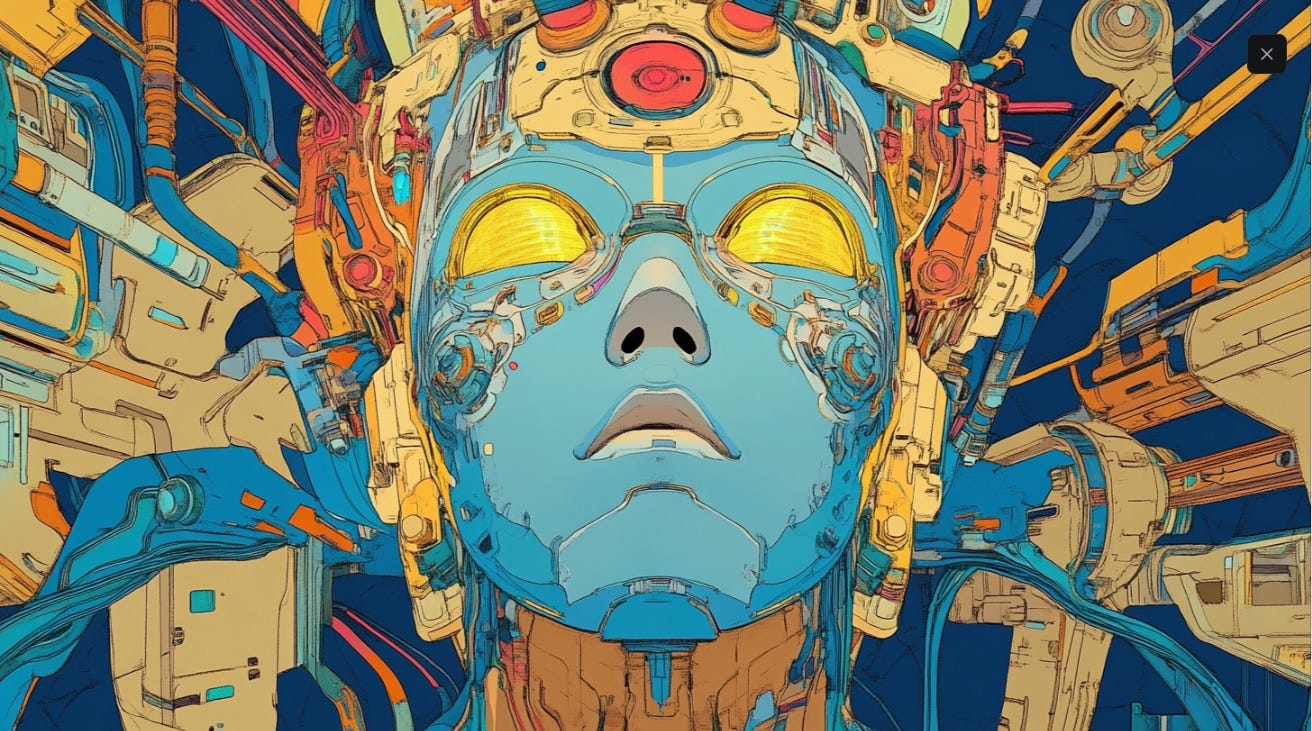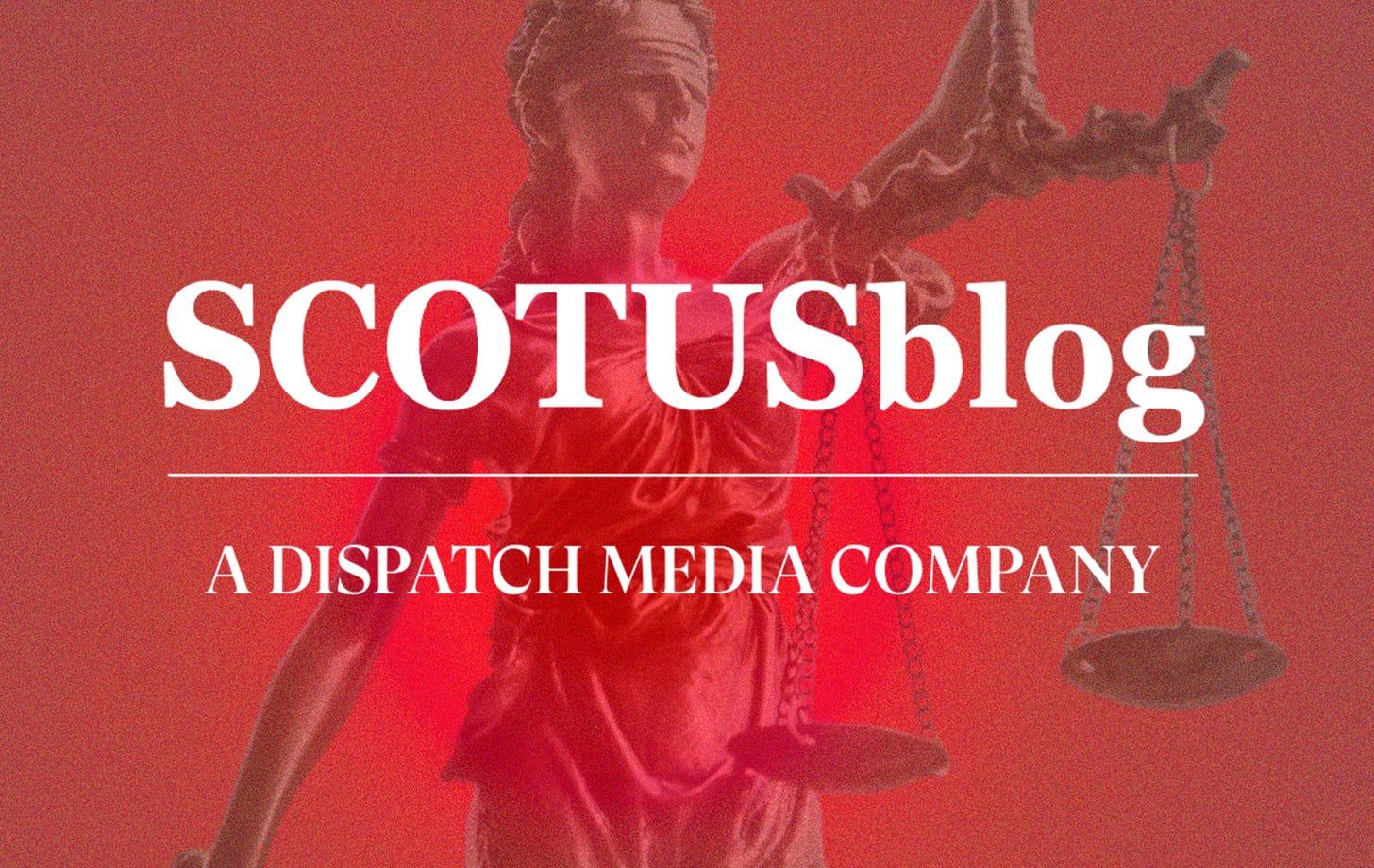✨ DeepSeek and tariffs fail to undermine the AI investment boom (so far)
Jevon's Paradox and competitive pressure take precedence
My fellow pro-growth/progress/abundance Up Wingers,
A big theme of this newsletter so far this year has been how efficiency breakthroughs from DeepSeek and tariff headwinds from the Trump White House are testing Big Tech's AI convictions — with a surprising outcome (at least so far). Rather than retreating from their massive infrastructure bets, America's hyperscalers (massive cloud computing for AI workloads) are doubling down, basically. This persistent capital investment reveals both a) a strategic imperative here in the early days of a general-purpose technology revolution and b) an example of paradoxical economics: When computing gets cheaper, Silicon Valley spends more, not less.
DeepSeek's R1 burst onto the scene in January led Goldman Sachs analysts, for instance, to quickly identify the development as the "main near-term risk to GDP," warning that "more efficient model training and declining compute costs could lower AI-related capex." The efficiency gains were simply too dramatic to ignore — comparable AI capabilities at approximately one-tenth the computing cost. For an AI spending wave built on the assumption that bigger is always better, this represented an existential challenge.
Nvidia shareholders felt the shock most acutely. The company's stratospheric stock price, which had made it briefly the world's most valuable company, tumbled as investors recalculated the long-term demand for its high-margin AI chips. Cloud providers with massive data center expansion plans suddenly faced uncomfortable questions about potential overbuilding.
Then in April, the Trump administration's sweeping “Liberation Day” tariff package arrived, complicating an already uncertain landscape. While the administration demonstrated some technological savvy by exempting GPUs and computer systems from the levies, the collateral damage remained substantial.
Often forgotten: Data centers require far more than just computing hardware. Construction materials, cooling infrastructure, and power management systems — many sourced from China — now face significant import taxes. For an industry already struggling to demonstrate positive returns on AI investments, the potential 15–20 percent cost increase represents a serious headwind.
Perhaps more damaging than the tariffs themselves is the policy uncertainty they've created. Strategic infrastructure investments require long-term planning horizons, yet tech executives now find themselves navigating shifting trade policies that could change again with little warning.
Good news from Q1 earnings
Against this challenging backdrop, recent first‑quarter earnings reports from the tech titans provided a surprising and welcome plot twist. Rather than pulling back, the Big Four appear to be doubling down.
First-quarter earnings from America's "Big Four" hyperscalers reveal not retreat but resolution. Meta has actually increased its 2025 capital expenditure forecast to between $64–72 billion, up from previous guidance of $60–65 billion. Alphabet continues budgeting approximately $75 billion to alleviate Google Cloud capacity constraints. Amazon hinted at spending approaching $100 billion while boasting triple-digit AI revenue growth. Even Microsoft, showing relative restraint, still plans capex growth, albeit at a more measured pace.
What explains this collective resolve in the face of apparent threats I mentioned above? Here are the key themes outlined in how Goldman Sachs and JPMorgan interpreted those 1Q results:
First, supply constraints play a significant role. Nvidia CEO Jensen Huang has repeatedly emphasized that demand for the company's specialized AI chips far outstrips supply, with every new batch allocated before leaving the factory. Then there’s power. An industry expert tells JPM that Microsoft’s data‑center push is “massive” yet “power is one of the major constraints for data‑center build‑outs.”
Second, Silicon Valley's collective memory of the cloud computing era provides a powerful lesson: Build massive infrastructure first, then monetize later through exclusive features that keep customers locked in. The tech titans are keeping the faith, so far.
Third, none of the Big Four can afford to be perceived as falling behind in the AI race. With each quarterly earnings call scrutinized for signs of eroding tech leadership, pulling back on AI investments could trigger damaging market reactions far beyond the cost savings achieved.
An economic paradox
Perhaps the most fascinating (though predicted by some) aspect of the current situation is DeepSeek's paradoxical effect on the market. By making AI processing dramatically more efficient, with tokens (the tiny chunks of text an AI system processes) now costing so much less, the startup has actually accelerated overall adoption. JPM notes that smaller companies that previously couldn't afford significant AI implementations now find themselves rapidly scaling up their AI ambitions
This perfectly illustrates the "Jevons paradox," the counterintuitive economic principle where efficiency improvements often increase total resource consumption rather than reduce it. Just as more fuel-efficient car engines led to more driving rather than less fuel consumption, more efficient AI is driving wider adoption rather than reduced computing demand.
AI pessimists (and investors) concerned about the sustainability of these massive capital outlays should take note: The hyperscalers clearly believe the AI revolution has barely begun. Their willingness to maintain or even increase spending despite the DeepSeek shock and Trump tariff headwinds suggests confidence in eventual AI model monetization. The more pressing question is whether electricity grids and chip manufacturing capacity can scale quickly enough to match this seemingly insatiable demand.
As Congress Does Less, The Courts Are Doing More
Breaking news: The Dispatch has acquired SCOTUSblog, the gold standard in Supreme Court analysis.
Reliable coverage of the Supreme Court has never been more important. With an unbridled executive branch and a Congress eager to surrender its constitutional prerogatives, the federal judiciary is playing an increasingly important role in shaping the country’s direction.
Join 600,000 loyal readers and check out The Dispatch today. No insulting clickbait, no false outrage, no annoying auto-play videos—just reliable journalism that helps you understand the big decisions that will shape our nation’s future.
Faster, Please! readers: Take 25% off a Dispatch membership today
Micro Reads
▶ Economics
The Trade War Is Coming for Your Plumbing - Bberg Opinion
People Are Worrying About the Wrong Downtowns - The Atlantic
▶ Business
‘This stuff needs to become real’: Snowflake’s Sridhar Ramaswamy on getting returns from AI - Semafor
▶ Policy/Politics
DOGE Isn’t Saving Money, So What’s It Really Doing? - Bberg Opinion
America Has Lost Its Lead in 5G - WSJ Opinion
▶ AI/Digital
Why Language Models Are So Hard To Understand - Quanta Magazine
Human Consciousness Is a ‘Controlled Hallucination,’ Scientist Says—And AI Can Never Achieve It - Popular Mechanics
Addicted To ChatGPT? Here’s How to Reclaim Your Brain - Bberg Opinion
Does AI Progress Have a Speed Limit? - Asterisk
▶ Biotech/Health
▶ Clean Energy/Climate
A Scary Plastic Study Should Probably Be Recycled - American Council on Science and Health
▶ Robotics/AVs
Chinese robot does job of three to four humans installing thousands of panels at Australian solar project - Renew Economy
Welcome the Driverless Trucks - Bberg Opinion
▶ Space/Transportation
▶ Up Wing/Down Wing
My Brain Finally Broke - The New Yorker
How China is still getting its hands on Nvidia’s gear - The Economist
Not All Students Go to College. We Need to Make That OK. - NYT Opinion
▶ Substacks/Newsletters
McKinsey's Cost of Compute AI Infrastructure Analysis - AI Supremacy
It’s Okay to Notice When Solar and Wind Fail - Breakthrough Journal
US Holders of Foreign Assets, Foreign Holders of US Assets, and Exorbitant Privilege - Conversable Economist
Permitting Reform in Reconciliation - Green Tape
The New AI Policy Frontier - Threading the Needle
Can Tesla DOJO Chips Pass Nvidia GPUs? - next BIG future
Testing AI's GeoGuessr Genius - Astral Codex Ten
AI May Bring Civilizational-scale Change & The New Enlightenment - The Great Progression




